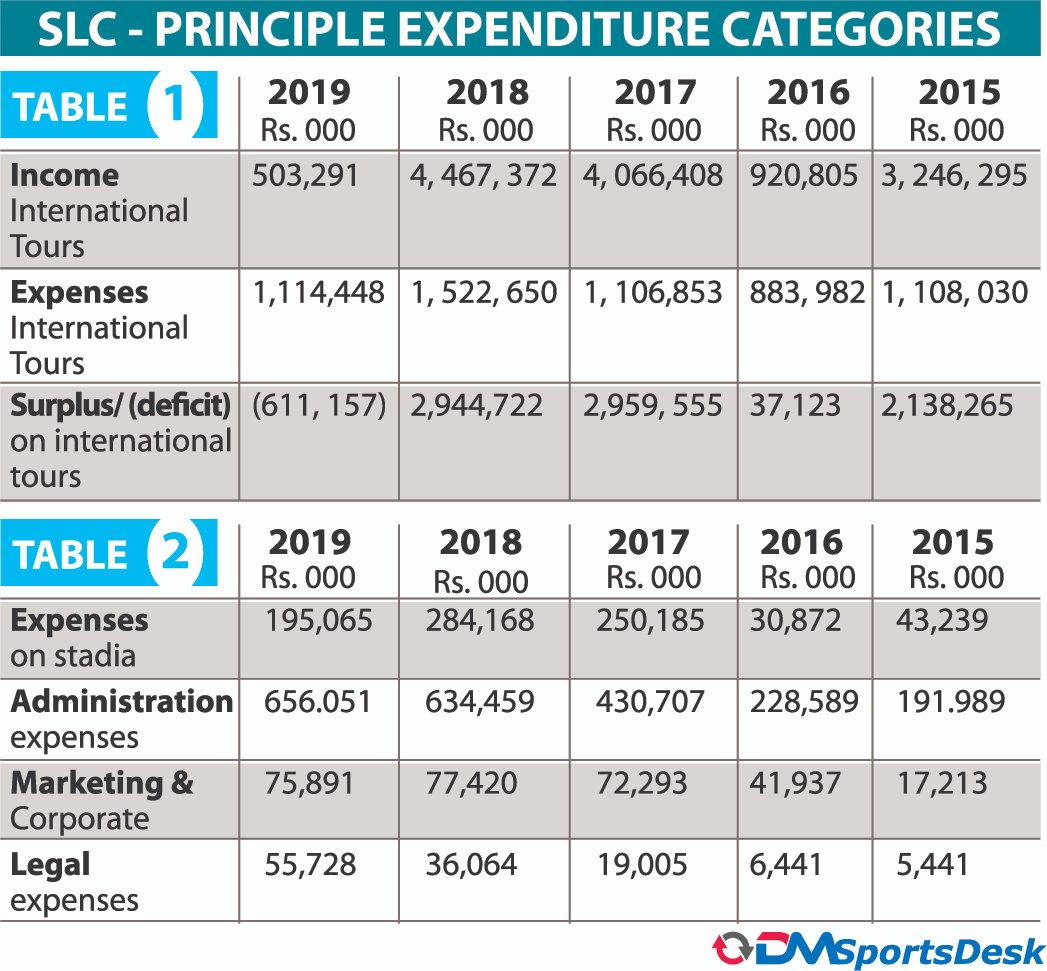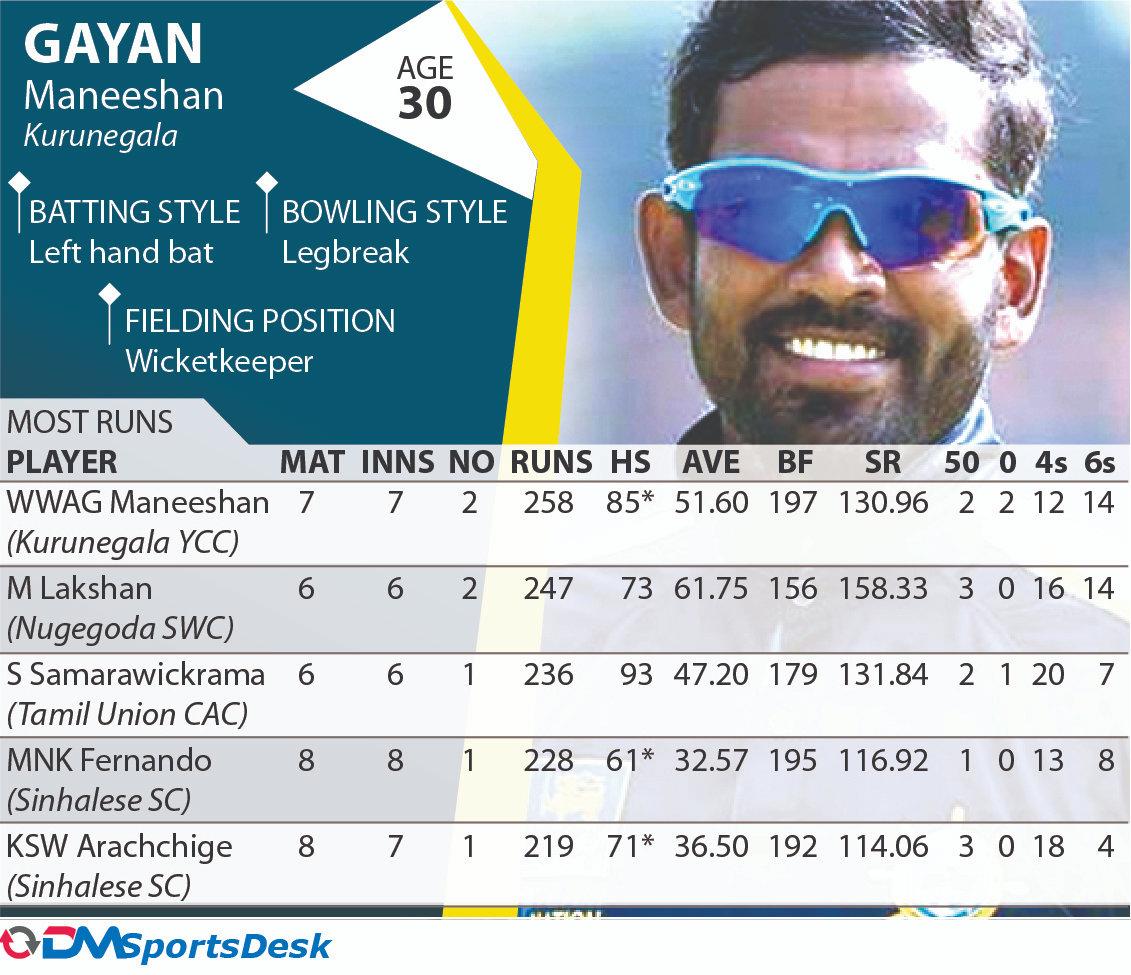16 Aug 2021 - {{hitsCtrl.values.hits}}
By Harsha Amarasinghe
Since the retirements of Sri Lanka’s legendary cricketers of the calibre of Kumar Sangakkara, Mahela Jayawardene and T.M. Dilshan, results on and off the field have not been great. Despite the recent T20 series victory (2-1) against a fairly weakened Indian team in which Bhuvneshwar Kumar and Kuldeep Yadav batted at six and seven, Sri Lanka are far from getting back to its heydays.
At present, though the fans, social media and other forms of media have been persistently gunning for the players whenever the team loses matches — Lakshan Sandakan, for instance, is a very recent example who was crucified for an ODI series defeat. However, in complete contrast, about a decade ago, players were barely given a difficult time — to their credit, the likes of Sangakkara, Mahela, Dilshan, Muttiah Muralitharan, Lasith Malinga and Chaminda Vaas did not fail many times, which is probably why now some of them run YouTube Channels. Yet even in that era, Sri Lanka did lose matches, maybe not as poorly as the recent teams have for the last five, six years. However, the big difference was the moment they lost a match, everyone would be going after the cricket board. People would allege and argue how ‘dirty deals’ have been going on and whatnot.
However, apart from pointing the finger at the current domestic structure which as many say decide who is taking office, Sri Lanka Cricket (SLC) has come under very little criticism given how things stood perhaps ten years ago. So, has cricket in Sri Lanka been managed well?
In some ways, yes! For instance, SLC was summoned before the Committee on Public Enterprises (COPE) six months ago — February 11, 2021, and the meeting was suspended due to the under-preparedness of SLC officials which was supposed to be a huge media blowback, interestingly the following day (February 12) details of player fitness tests are made privy to the public, Kusal Janith Perera and three others take headlines for failing a fitness test which was believed to be completely an internal matter. Then, COPE is not an issue for the time being.
Coincidence is so beautiful.
Be that as it may, in this article, the “Daily Mirror” takes a look at how cricket in Sri Lanka has been managed financially, with reference to certain official documents in possession of the “Daily Mirror” and a comparison thereof covering the period 2015-2019.

A plain reading of the relevant documentation reveals that SLC expenditure has sky-rocketed within the space of five years. For instance, SLC expenditure on stadia has gone up to LKR 195,065,000 in 2019 from LKR 43,239,000 in 2015 while its expenditure on administration has reached LKR 656,051,000 in 2019 in comparison to LKR 191,989,000 in 2015. On the other hand, SLC expenditure on Marketing & Corporate has gone up to LKR 75,891,000 in 2019 from LKR 17,213,000 in 2015 and the legal expenses depict staggering numbers in 2019 at LKR 55,728,000 compared to LKR 5,441,000 in 2015. These figures give a gross expenditure of LKR 2,971,215, 000 in 2015 while in 2019 it has reached LKR 4,325,876,000.
In terms of income from international tours, 2015 has made LKR 3,246,295,000 while the expenses on international tours read at LKR 1,108,030,000 which means a surplus of LKR 2,138,265,000. This is in complete contrast to the income from international tours in 2019 which stands at LKR 503,291,000 with expenses on international tours in the same year stands at LKR 1,114,448,000 resulting in a huge deficit of LKR 611,157,000 in the particular year.
The “Daily Mirror” is only able to present relevant facts and figures, and it’s down to its readers to decide whether SLC has been managed properly.
However, the “Daily Mirror” contacted SLC to get its side on this to which the SLC Chief Executive Officer (CEO) Ashley de Silva responded with a ‘no comment,’ but explained that ‘any information with regard to SLC expenses shall not be disclosed to the media, but its membership during the AGM’.
On a different token, SLC are currently organizing a domestic tournament namely SLC Invitational T20 League comprising four teams, but the manner in which the players have been selected remains a mystery.
For instance, in the SLC T20 Tournament 2020/21 which concluded a few months ago, were some exciting talents — one of whom was hard-hitting opening batsman Gayan Maneeshan from Kurunegala Youth Cricket Club. The 30-year-old ended up being the highest runs scorer of the tournament having accumulated 258 runs at an average of 51.60 with a strike rate of 131, leading his team to a semi-final pretty much single-handedly while also smashing 14 sixes during the tournament — the most by a batsman.
With the T20 World Cup (qualification first) around the corner, one of Sri Lanka’s biggest concerns has been to unearth willow wielders who could clear the ropes. As recent stats indicate, Sri Lanka has the second-worst six-hitting ratio in T20Is, thus it is prudent to conclude that they are really in need of a batsman like Maneeshan who could clear the ropes.

Maneeshan maintains a career average of 38.22 in T20s — none of the players in the national team even come close to this, but the player is not even considered for the SLC Invitational T20 League, which means the highest run-scorer of the SLC T20 Tournament which was held a few months ago cannot even be in the top 60 players selected for Sri Lanka’s most important domestic tournament before the World Cup.
It must be said though Maneeshan plays for a small club as the saying goes, he ensured that the particular small club made a semi-final appearance beating some of the big boys from Colombo 7. If the selectors have a policy of not selecting any of the players from the so-called ‘small clubs,’ then it’s hard to understand why the SLC allow them to be in the top division.
On the foregoing concern, de Silva said that ‘there is a procedure put in place’ when selecting players, and it is being implemented by the selectors.
Here again, the “Daily Mirror” is only able to present the relevant facts and figures in the interest of the sport loved by a nation, and we leave it to the readers to decide whether the non-consideration of Maneeshan is justifiable or not.
15 Nov 2024 4 hours ago
15 Nov 2024 5 hours ago
15 Nov 2024 6 hours ago
15 Nov 2024 6 hours ago
15 Nov 2024 6 hours ago